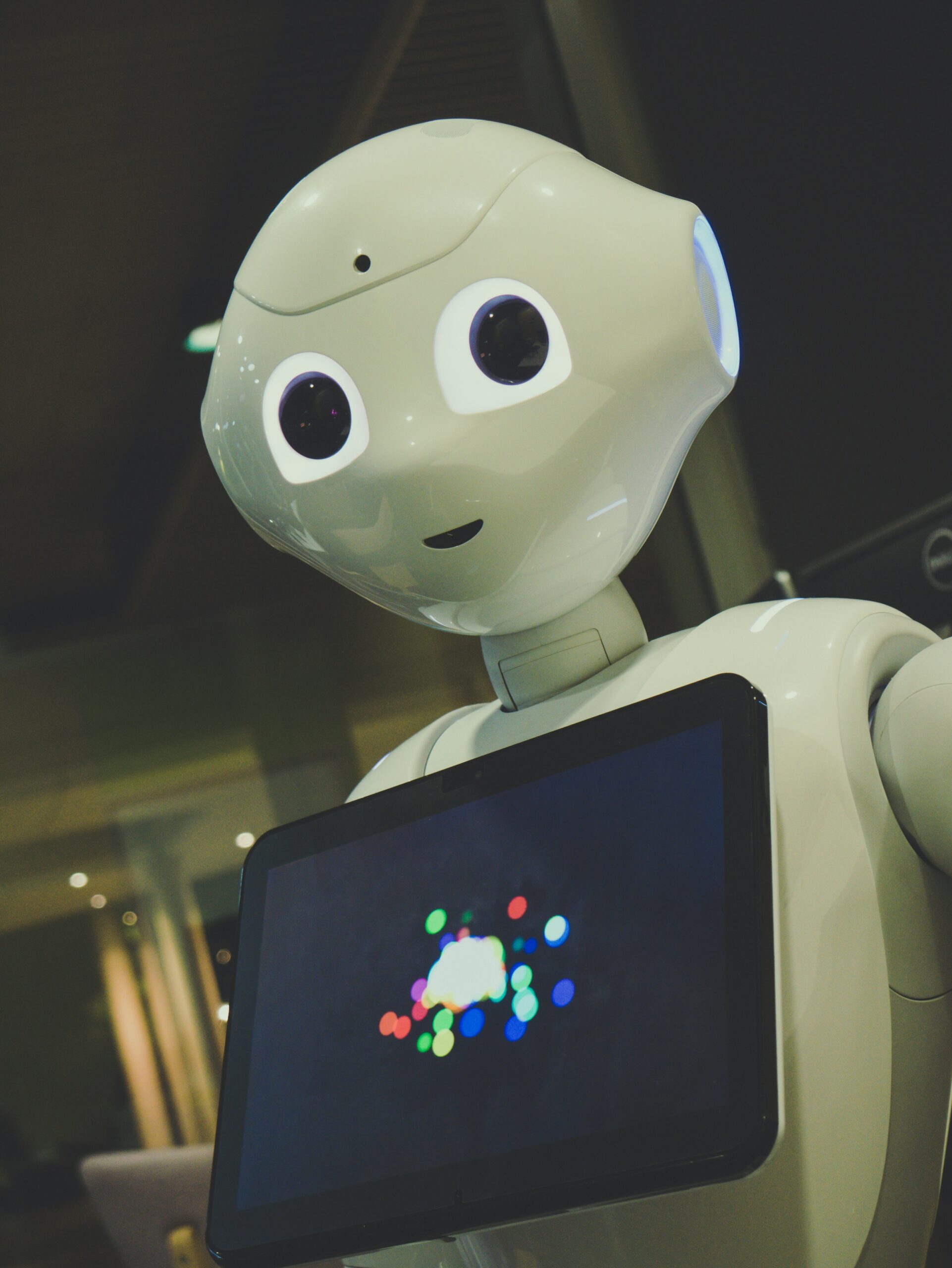In recent years, artificial intelligence (AI) has made significant advancements in various fields, and now it has taken a major leap forward in the world of coding. A new AI model has been developed that can write code like a human, revolutionizing the way software is created and developed.
The AI model, known as CodeGen, is a result of years of research and development by a team of experts in machine learning and programming. CodeGen is trained on a vast dataset of existing code, allowing it to understand the syntax, structure, and logic behind programming languages.
One of the most remarkable aspects of CodeGen is its ability to generate code that is not only functional but also human-like. This means that the code it produces is not just a series of instructions but also takes into account best practices, readability, and maintainability.
CodeGen has the potential to greatly accelerate the software development process. Traditionally, writing code from scratch can be a time-consuming and error-prone task. With CodeGen, developers can now rely on the AI model to generate code snippets or even entire modules, saving them valuable time and effort.
Furthermore, CodeGen can also assist developers in debugging and troubleshooting. It can analyze existing code and suggest improvements or identify potential issues. This can be particularly useful for junior developers or those unfamiliar with a specific programming language.
While CodeGen offers many advantages, it is important to note that it is not meant to replace human developers. Rather, it is designed to be a powerful tool that complements their skills and expertise. Human developers still play a crucial role in defining the problem, designing the architecture, and making high-level decisions.
Another aspect to consider is the potential ethical implications of AI-generated code. As with any AI technology, there are concerns about bias, security, and accountability. It is essential to ensure that the AI model is trained on diverse and representative datasets to avoid perpetuating any existing biases or vulnerabilities.
Despite these challenges, the development of CodeGen marks a significant milestone in the field of AI and programming. It opens up new possibilities for developers, allowing them to focus on higher-level tasks and creative problem-solving, while the AI model takes care of the more repetitive and mundane aspects of coding.
As AI continues to advance, we can expect further innovations in the field of coding. The integration of AI models like CodeGen into the software development process will undoubtedly shape the future of programming, making it more efficient, accessible, and collaborative.
In conclusion, the emergence of CodeGen, an AI model that can write code like a human, represents a major breakthrough in the world of coding. With its ability to generate functional and human-like code, CodeGen has the potential to revolutionize the software development process. However, it is important to approach this technology with caution, ensuring that it is used responsibly and ethically. As AI continues to evolve, we can look forward to more exciting developments that will shape the future of programming.

